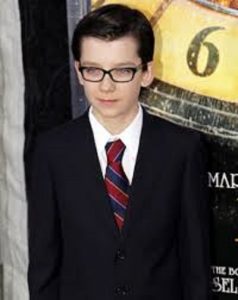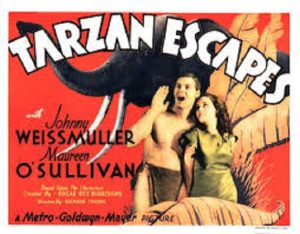Movie flashback Hugo (2011, USA) is the most polished family film from the last five years, probably longer. And is perhaps the best family film we’ve seen for a long time.
The movie’s central theme, of purpose, is not your usual family movie theme, but certainly well worth it.
All the main characters have some stake in the theme; perhaps showing us that life is interconnected through a grand design or purpose.
This is best described in this movie by the ticking time clock.
Orphan Hugo (Asa Butterfield) takes care of the train station tower clock in Paris. (But it’s believed to be looked after by Hugo’s uncle, who is a drunk. No one knows that Hugo has taken charge.) Hugo makes sure the clock is working properly every day. His occupation gives him insight into life itself.

Chance-less
As Hugo looks at Paris, the ebb and flow of the city moves like mechanics. Each part, from the flow of vehicles to the glowing night lights, is there with deliberate purpose like the workings of a clock.
In a clock, the minute hand moves minute by minute, for sixty minutes, then goes around again for another sixty minutes. The second hand moves second-by-second for sixty seconds and goes around again for another sixty seconds. The hands only move because of the mechanics inside the clock. Everything in the clock work together for a purpose: to tell the exact time in a certain place.
In Hugo, nothing is by chance.
Hugo may be a metaphor for life. If life seems to go off the tracks, like when Hugo is stuck on the train tracks, a man who works at the train station is there to give a helping hand, as that is what he should do, working with a purpose or design, like the workings of a clock.
I think this is a good thing to remember, that when life happens, there’s a rhyme and reason somehow. This gives a sense of purpose and meaning to life.
* * * * 1/2 (out of * * * * * stars)

